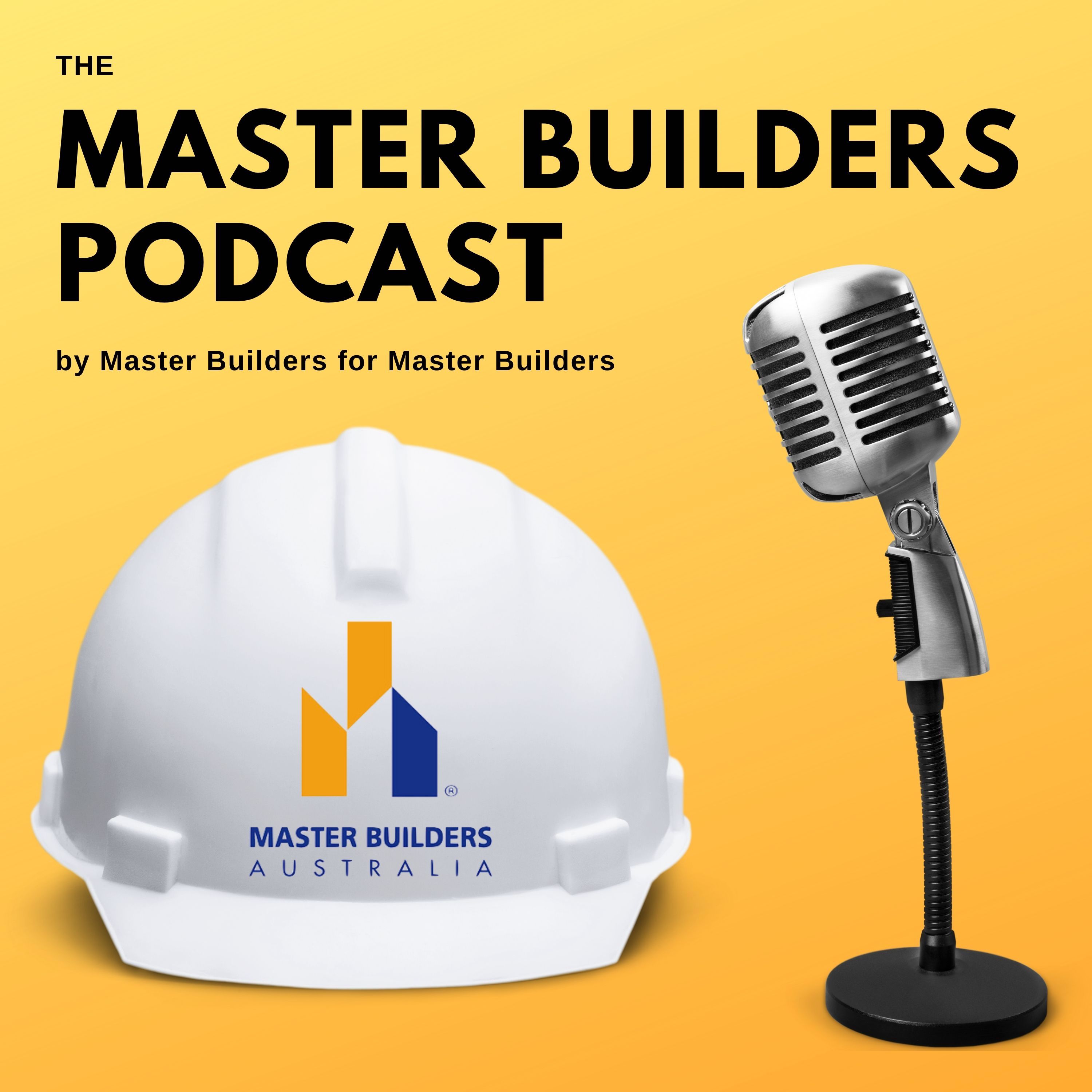Zero Energy Housing with Josh Byrne and Simon Dunstan
Description
This episode of The Master Builders Podcast is called "Zero Energy Housing", co-hosts Max Rafferty and Robert Shaw discuss the topic in full detail with Josh Byrne and Simon Dunstan.Josh, who is most known as the West Australian presenter of the ABC's Gardening Australia, started the Josh's House Project, a video series that documents the building process of Josh's zero energy home. Today he shares practical insights on the best ways to harness solar energy into daily life and explores its return on investment.Simon is the owner of SJD Homes and leader in sustainable housing solutions. He is also the man behind Melbourne's first zero energy home. Today he shares his wealth of information on the differences of building a zero energy home and the unique challenges it comes with, from construction to management to selling.HIGHLIGHTS02:28 Josh Byrne defines a net-zero energy home06:15 Building a cost-effective utilization of solar energy and batteries12:19 John's recommended resources16:20 Simon Dunstan builds Melbourne's first zero energy home20:26 Differences and challenges in building a zero energy home27:08 Trades, management & services32:15 Consumer reaction to the display houses34:42 Simon's advice and resources to buildersRESOURCEShttps://joshshouse.com.au/ - The Josh's House Projecthttp://builtbetter.org/ - CIC Knowledge Guidehttps://www.cleanenergycouncil.org.au/ - Clean Energy Councilhttps://www.sustainability.vic.gov.au/ - Sustainability Victoriahttps://www.masterbuilders.com.au - The Master Builders Australiahttps://www.sjdhomes.com.au/ - SJD Homes WebsiteEmail - [email protected] QUOTES03:53 "But a more accurate term is net-zero energy homes and what it means is that a home is designed and built to meet its own energy requirements on an annual net basis. So when you have a home and you understand what its energy demand is, its matched with a rooftop PV system typically is the common renewable energy source for residential dwellings but that system is sized to meet the annual net demand of that home."07:33 "Not only are these very efficient so that cost-effective and they demonstrate good return on investment for people who are putting these features into their home, but it also means that you can often time their operation, in particular with the water heating which can be programmed for during the day. You can time that with available solar."07:50 "And so again it's not anything necessarily more difficult for the builder, it's just having the right approach to design; good quality construction to make sure you got a good airtight, well-sealed home; all the insulation detailing is done properly; all the things that should be done well."10:31 "The payback period, in terms of return on investment of these batteries, is typically just outside their warranty period. Typically, warranty period being ten years for batteries and the payback periods for a typical home tends to be ten to twelve years. Now we're seeing that change very quickly as batteries become more popular, production volumes increase, and the cost is coming down rapidly."20:31 "It's twofold. So the first part of it is really improving the house that is being built. So there's a lot of ways we're doing that but it's actually the build from itself so we try to do what we can in that space. So that is obviously things like the integrity, the insulation, the insulation itself, and the build itself, and the various products that we put in there. The other thing is also some of the appliances that we're using are going to be as efficient as we possibly can."21:05 "So the other part of the equation is we need... to be able to produce our own energy. So in the particular house, we had a 5-kilowatt system and we also had a 9.8-kilowatt battery on it. So battery is one of the new, exciting parts because their consumption of power."28:55 "That's the most enc
More Episodes
Published 06/23/23
Published 05/31/23


